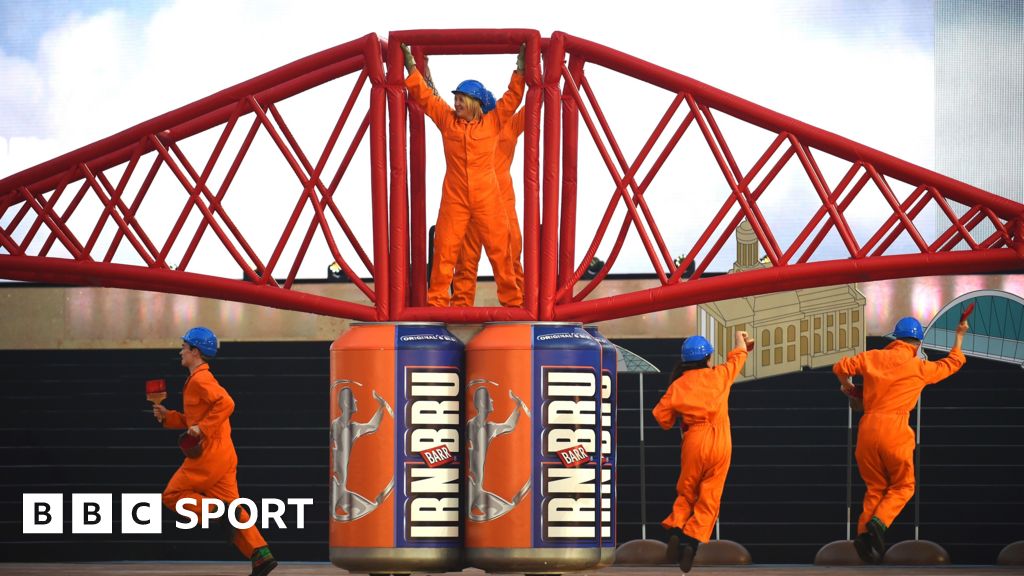Hartley believes that paring back the programme of sports for 2026 could give organisers the chance to define the Commonwealth Game more clearly, as well as reducing costs.
“It could be a chance for the Commonwealth Games to really have a think about it,” she says.
“They could focus on sports where the Commonwealth Games is still the highest level of competition, such as netball or, certainly before it gets it shot at the Olympics in 2028, squash.
“Could it be positioned it as a junior-level event in things like athletics and swimming and a showcase for those other sports? There may be a niche for it there.”
But there may not be.
Glasgow would be just the latest stop-gap host. Birmingham staged the 2022 Games only after a shortage of funds forced original host Durban to pull out.
Alberta, the Canadian province that was pencilled in for 2030, has also ditched its plans to put on the Games.
Hosting of the Commonwealth Games is now caught in a presumably unsustainable shuttle between Australia and Great Britain, with Glasgow 2026 making it six of the last seven events staged in one of the two nations.
However it rejigs itself in the future, the Games also has an inescapable past.
Originally launched as the British Empire Games, it is rooted in an era very remote from modern sensibilities.
It may be that ultimately too much competition and too little relevance will see time run out on the Commonwealth Games.
“I think it is in danger of coming to the end of its cycle,” says Hartley.
“The European Games is still quite new, it hasn’t quite found its footing yet, but it could get stronger.
“It has the weight of a lot of international federations and links into the European Broadcasting Union [a continental organisation of public service media organisations] and the Olympic Games.
“You look at the success of the Pan American and Pan Asian games – they are huge – and it could be that they overtakes the Commonwealth Games.”
If the race is run on a near century-long Commonwealth Games history, it will leave a gap behind.
A pinnacle will be missing in some sports’ skyline. A chance to represent their home nation will be gone for British athletes. A valuable platform for disability sport will have disappeared.
For now, though, it continues.
When Glasgow bid for the 2014 Games, its pitch included a promise to care for the Commonwealths “not just for 11 days or even for four years but… for generations to come”.
The authors could not have known what a difficult task that would be. Or what a central role their city would end up playing in it.

